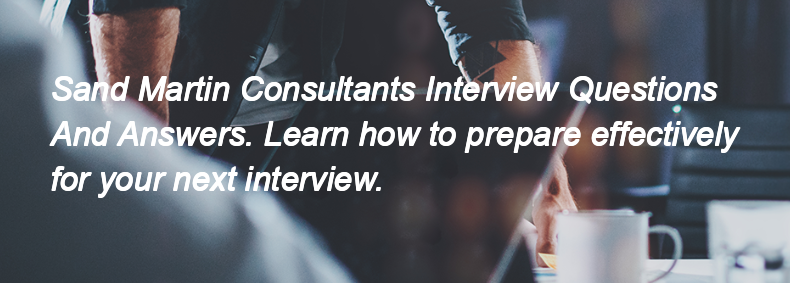Ques:- Explain liquidity group ratios?
Asked In :-
Invesco, Birla Cement, redBus India, Sand Martin Consultants, Kingston University London, Gleneagles Hotel, Varicent Software, IOOF, Shriram Chits, Millennium Management (Investment Firm),
Right Answer:
Liquidity group ratios are financial metrics that assess a company's ability to meet its short-term obligations. The main liquidity ratios include:
1. **Current Ratio**: Current Assets / Current Liabilities
2. **Quick Ratio (Acid-Test Ratio)**: (Current Assets - Inventories) / Current Liabilities
3. **Cash Ratio**: Cash and Cash Equivalents / Current Liabilities
These ratios help evaluate the financial health and liquidity position of a business.
Liquidity group ratios are financial metrics that assess a company's ability to meet its short-term obligations. The main liquidity ratios include:
1. **Current Ratio**: Current Assets / Current Liabilities
2. **Quick Ratio (Acid-Test Ratio)**: (Current Assets - Inventories) / Current Liabilities
3. **Cash Ratio**: Cash and Cash Equivalents / Current Liabilities
These ratios help evaluate the financial health and liquidity position of a business.

